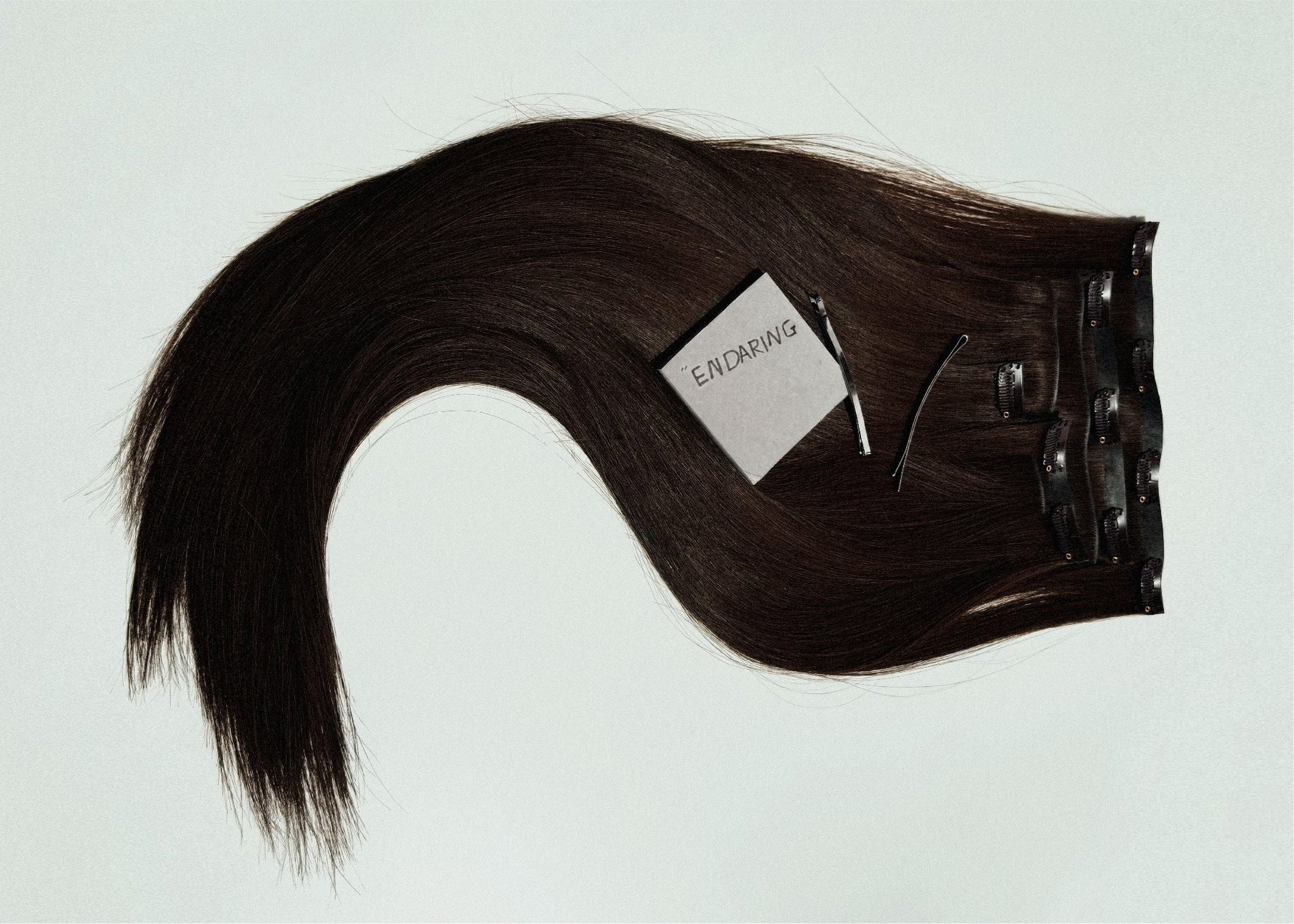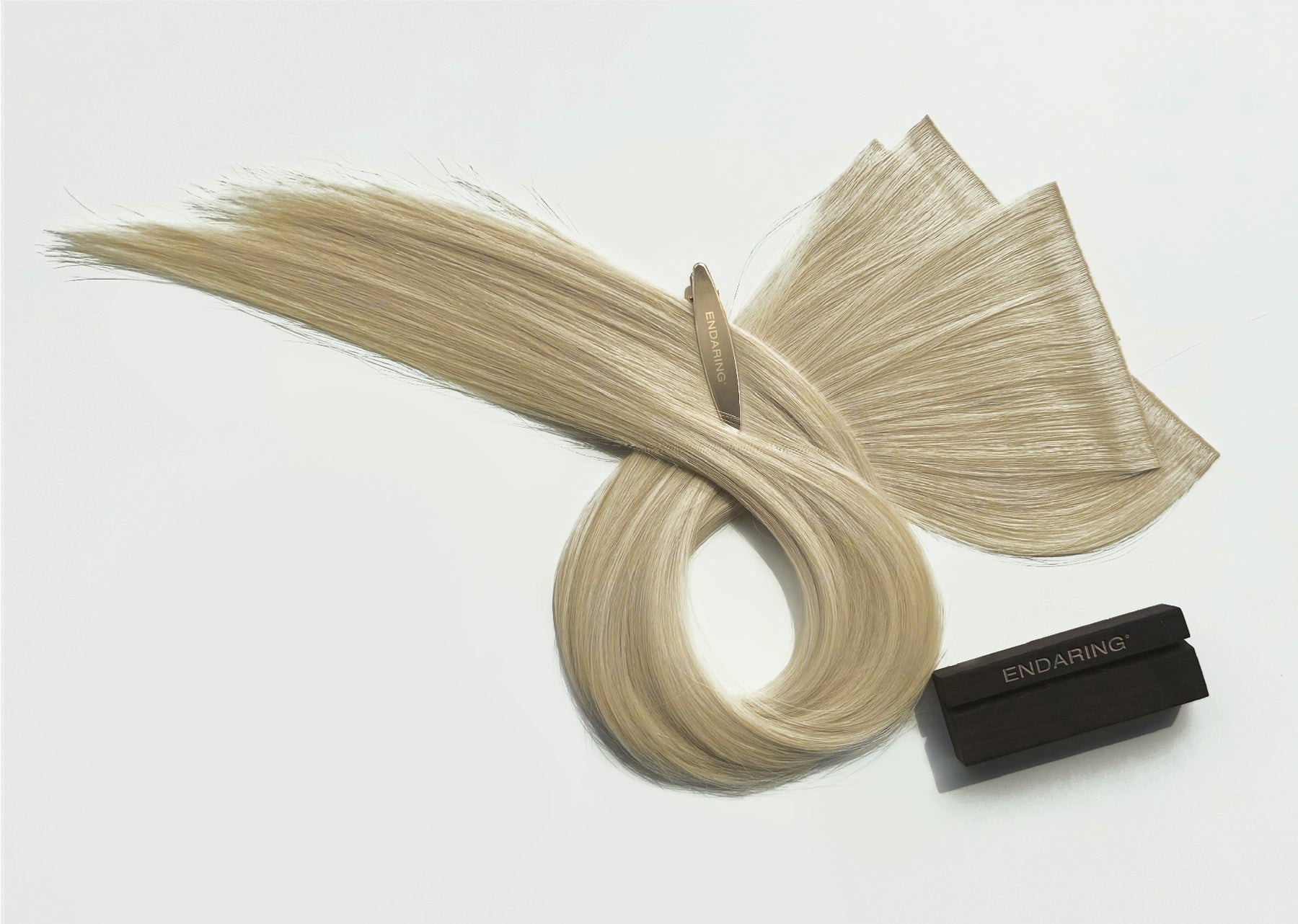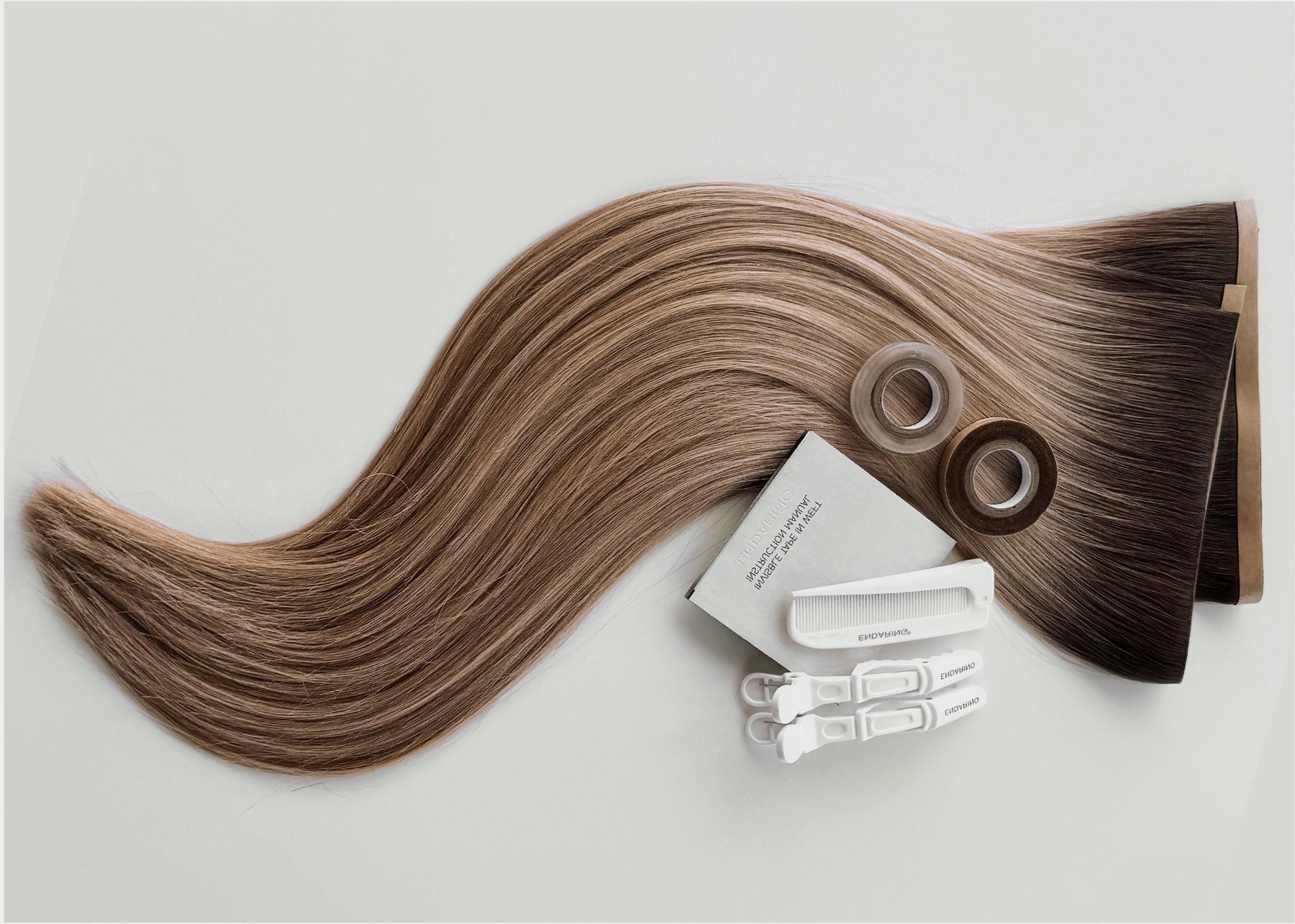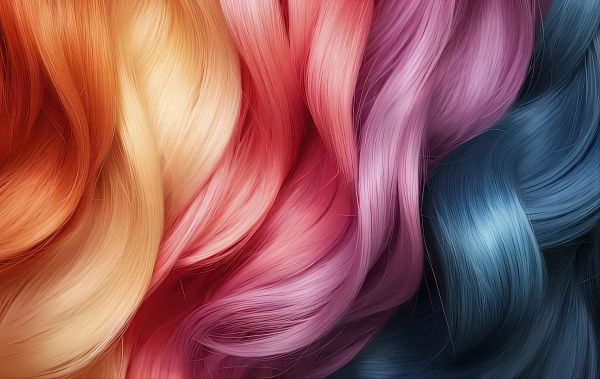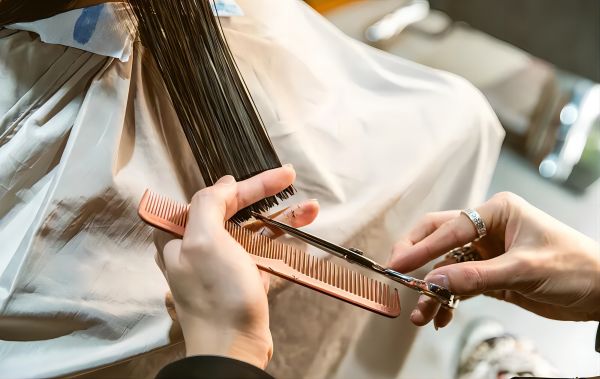Today, we're diving into a question that's been buzzing around the beauty community: can you sleep with clip-in hair extensions? It's a hot topic with passionate opinions.
We advise against sleeping with your hair extensions in, as it can be uncomfortable and may lead to tangling in both your extensions and natural hair.
- The Impact on Hair Health:
Sleeping with clip-in hair extensions can have a significant impact on the overall health of your natural hair. Throughout the night, the extensions may pull on your hair, causing tension and stress on the hair follicles. This tension can lead to breakage, split ends, and even hair loss over time. Additionally, the pressure from the clips used to secure the extensions in place can cause discomfort and irritation on the scalp, further compromising the health of your hair. It's essential to consider the long-term consequences of subjecting your hair to this kind of stress on a nightly basis.
- Tangling and Matting Concerns:
One of the most significant concerns associated with sleeping in clip-in hair extensions is the potential for tangling and matting. As you toss and turn during the night, the extensions can become tangled with your natural hair, creating knots that are difficult to untangle in the morning. This tangling not only causes frustration but can also lead to damage when attempting to detangle the hair, resulting in increased breakage and loss of hair length. Furthermore, if the extensions and natural hair become severely matted together, it may be necessary to remove them, which can be a time-consuming and potentially damaging process.
- Discomfort and Irritation:
Sleeping with clip-in hair extensions can also be uncomfortable and irritating for many individuals. The clips used to attach the extensions to your natural hair can dig into your scalp, causing soreness and discomfort throughout the night. Additionally, the weight of the extensions may put pressure on your scalp, leading to headaches or tension in the neck and shoulders. This discomfort can interfere with your ability to get a good night's sleep and may result in waking up feeling tired and achy.
- Extension Longevity:
Another consideration when deciding whether to sleep with clip-in hair extensions is the impact it can have on the longevity of the extensions themselves. Constant friction and movement against your natural hair and bedding can cause wear and tear on the extensions, leading to premature damage and deterioration. This can result in a shorter lifespan for your extensions, meaning you'll need to replace them more frequently, ultimately increasing the cost of maintaining your desired hairstyle.
- Tips for Nighttime Hair Care:
To minimize the negative effects of sleeping with clip-in hair extensions, there are several tips and techniques you can incorporate into your nighttime hair care routine. First, consider removing the extensions before bed to give your natural hair a break and reduce the risk of damage. If you prefer to leave them in, opt for a loose braid or ponytail to minimize tangling and matting. Additionally, invest in a silk or satin pillowcase to reduce friction and prevent hair breakage. Finally, be sure to gently detangle your hair before bedtime to remove any knots or tangles that may have formed throughout the day.
If you have to sleep with hair extensions, Your sleeping position can have a significant impact on the comfort and longevity of your clip-in hair extensions. If possible, try to sleep on your back or side to minimize pressure on the extensions. Avoid sleeping with your hair directly under your head, as this can cause the clips to dig into your scalp and lead to discomfort or even hair loss. If you're a restless sleeper, consider wearing a loose braid or ponytail to keep the extensions in place and prevent tangling.

